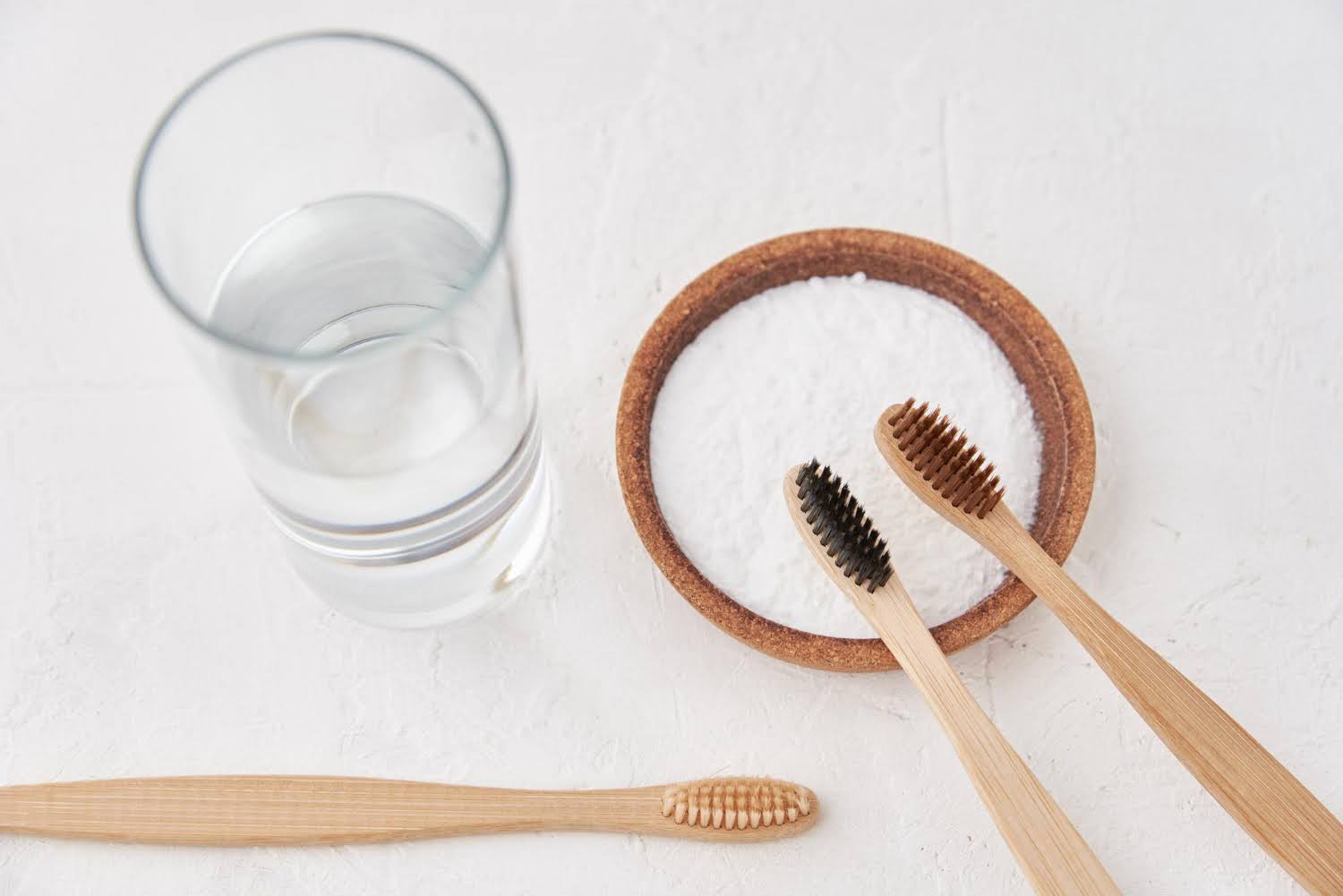Though we often focus on boosting our immune systems, it's easy to overlook the impact that illness can have on our oral health. While taking care of your mouth always matters, it is especially important when we're under the weather; neglect might lead to complications beyond just a toothache!
At Sleep Dentistry with Dr. Kevin Mahoney, our number one priority is supporting our patients' overall well-being. From managing dry mouth to proper hygiene, we delve into the best methods for taking care of your teeth when sickness strikes!
How Cold Symptoms Affect Oral Health
When battling a cold or the flu, it's not just your nose that suffers — your oral health can also take a hit! The first step in taking care of your teeth and gums is understanding how these symptoms impact your mouth during illness.
Dry Mouth (Xerostomia)
A common cold and dry mouth typically go hand-in-hand. Dry mouth from cold and flu cases is mainly caused by dehydration, mouth breathing, or the use of medications like antihistamines and decongestants.
A lack of saliva can increase the risk of cavities and gum disease, as saliva is crucial for neutralizing acids and washing away food particles. Saliva also contains enzymes that aid in digestion as well as antimicrobial agents that protect against oral infections.
Sore Throat
A sore throat might make oral hygiene practices uncomfortable, leading some to skip brushing or flossing. However, maintaining oral hygiene is essential to prevent bacteria from thriving.
Neglecting oral care may additionally result in plaque buildup, which exacerbates gum inflammation and potentially leads to periodontal issues.
Dehydration
Why does your mouth taste bad when you’re sick? The answer typically lies in dehydration.
When your mouth lacks normal moisture, it creates an environment where a higher concentration of bacteria can thrive. This increase in bacteria contributes to bad breath (halitosis) and infections, both of which result in an unpleasant taste in your mouth.
Mouth Sores and Irritation
Viral cases often make eating and oral care challenging. Any sores that develop can be painful, and depending on their severity, you may find yourself avoiding regular brushing techniques. Unfortunately, avoidance ultimately results in increased bacteria, further irritating the sores and potentially leading to secondary infections.
Increased Sugar Intake
During a cold, many people turn to sugary lozenges, cough syrups, or drinks to soothe their symptoms. But it's important to exercise caution, as increased sugar intake can elevate the risk of cavities and tooth decay. Sugar only serves as a food source for bacteria in the mouth, causing them to produce acids that erode tooth enamel.
Tips for Taking Care of Teeth During Illness

Let’s face it: when you’re under the weather, your oral health might not be at the top of your priority list! Nevertheless, properly taking care of your teeth is key to preventing additional health issues. Here are a few beneficial oral care tips to bear in mind!
Stay Hydrated
Staying hydrated is essential for maintaining moisture in your mouth, which in turn protects your teeth and gums. Saliva helps neutralize acids and wash away food particles, reducing the risk of cavities or gum disease.
While water is the best option, you might also consider alternative hydrating options like herbal teas and broths. Besides being soothing, they both provide additional nutrients.
Maintain a Consistent Oral Hygiene Routine
Even when you're not feeling your best, it's important to stick to a consistent oral hygiene routine! Brush your teeth at least twice a day with fluoride toothpaste to remove plaque and prevent decay.
Be sure to include gentle flossing, as this will remove debris between teeth without irritating your gums (which may be more sensitive during illness).
Rinse with Salt Water or Antimicrobial Mouthwash
Rinsing with salt water soothes a sore throat while reducing bacteria in the mouth. Alternatively, an antimicrobial mouthwash offers similar benefits by targeting bacteria and promoting oral health.
Utilize a Humidifier
Using a humidifier can keep the air moist, which is beneficial for preventing dry mouth and throat. This can be especially helpful at night, when mouth breathing is more common due to nasal congestion.
Choose Soothing Oral Care Products
Opt for toothpaste and mouthwash options that are gentle, especially if you have a sore throat or mouth sores.
To alleviate discomfort, look for products with ingredients like aloe vera or chamomile. Alcohol-free mouthwashes are also a good choice, as they are less likely to irritate your mouth.
Maintain a Balanced Diet
A balanced diet is important for both immune and oral health. Focus on easy-to-consume healthy foods like yogurt, smoothies, and soups, which provide essential nutrients without requiring much effort to eat.
Keep in mind that foods rich in vitamin C (i.e., citrus fruits) can support your immune system, while calcium-rich foods help maintain stronger teeth.
Professional Help for Taking Care of Your Teeth
If you're experiencing any of the following symptoms, it’s advisable to schedule a dental appointment with our team as soon as possible! Be on the lookout for:
- Persistent Pain: Ongoing discomfort in your teeth or gums that doesn't subside with over-the-counter (OTC) pain relief.
- Swelling: Noticeable swelling in your gums, face, or jaw.
- Bleeding Gums: Frequent bleeding during brushing or flossing.
- Unusual Sores: Mouth sores that don't heal within a week or two.
- Difficulty Swallowing: Trouble swallowing or persistent throat discomfort.
- Persistent Bad Breath: Chronic bad breath that persists despite good oral hygiene practices.
Timely dental appointments prevent complications that can arise from untreated oral health issues. By addressing problems early, you can be proactive about taking care of your teeth while avoiding more extensive (and costly) treatments down the line. Regular check-ups also allow your dentist to monitor your oral health and provide personalized advice for the most effective care plan.
Stay on Top of Your Oral Health with Sleep Dentistry
At Sleep Dentistry, we understand that visiting the dentist can seem daunting — especially when you're not feeling well! That’s why our team prioritizes compassionate dental care tailored to every patient’s individual needs.
Dr. Mahoney specializes in sleep dentistry, offering a comfortable, stress-free experience for any patients in Erie, PA who may be anxious about their dental appointment. Whether you need routine cleaning or have a specific oral health concern, our team will work with you to create a custom treatment plan!

